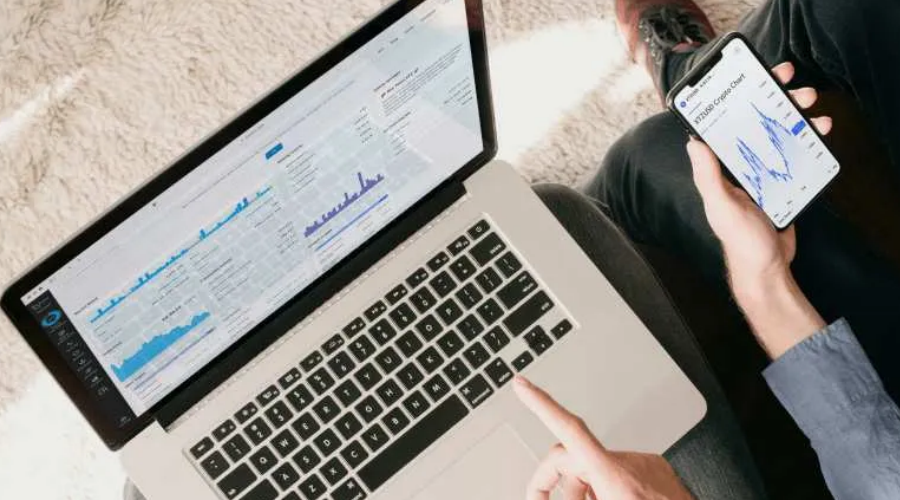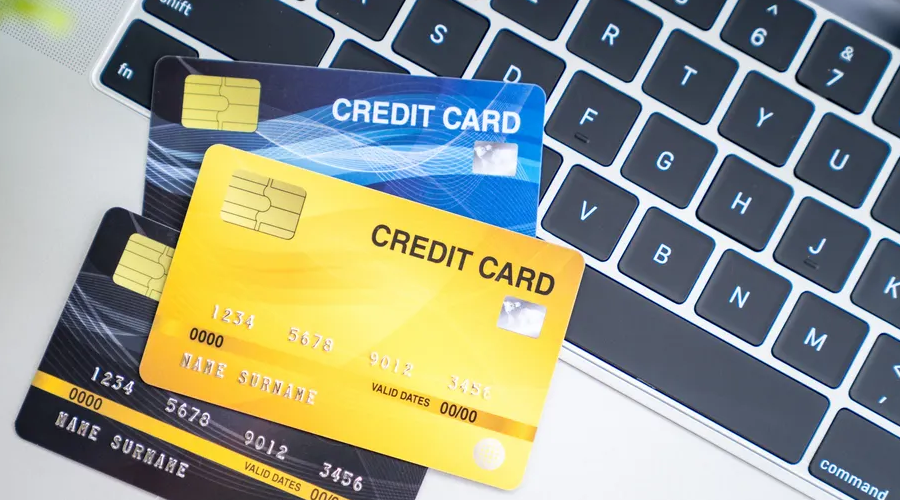More and more people are buying into cryptocurrencies, and getting involved has never been easier. You can easily buy your first cryptocurrency today by signing up for one of the several online exchanges. To confidently put your money into these digital currencies, though, you’ll need to know a little more than that. This essay covers everything you need to know to invest in cryptocurrency, from the basics to future portfolio management. Are you prepared?
The fundamentals of cryptocurrency investment
To begin, there are a few fundamentals that you must grasp before you start making financial investments. The most important thing is probably the fact that you’ll have to get used to taking more risks with these investments.
Because of its widespread use and notoriety, Bitcoin serves as a model for the normal ups and downs that crypto coins experience. Even now, cryptocurrency is still not a very reliable investment; the value of cryptocurrencies like Bitcoin can fluctuate by 10% or more on a daily basis. So, start with a tiny amount of your portfolio and don’t get too carried away. Doing so will allow you to familiarize yourself with the inevitable volatility in your cryptocurrency’s value.
The Federal Deposit Insurance Corporation (FDIC) does not provide protection for coins and other digital currencies. Due to the inherent anonymity of crypto deals, losing your money in the event of an exchange’s bankruptcy, a wallet hack (we’ll discuss wallets later), or other events is unlikely.
Virtually all profits made via cryptocurrencies are subject to taxation. Like any other form of income, cryptocurrency investments and trades require reporting to the Internal Revenue Service.
Advice on Choosing an Investment Cryptocurrency
And yet, despite your familiarity with the market’s history and the risks involved, you persist in your desire to invest. When looking to purchase cryptocurrency, a centralized exchange is your best bet. In order to facilitate the purchase of cryptocurrency, several companies have established online platforms. There are a number of reputable cryptocurrency exchanges from which to choose, including Coinbase, Crypto.com, and Gemini. The fees that these exchanges demand might really cut into your profits, so keep that in mind.
Credit cards, debit cards, bank transfers, and wire transfers are the most common ways to purchase cryptocurrency on exchanges. Additionally, you have the option to create a cryptocurrency wallet to hold your cryptocurrency and buy more cryptocurrency with it. Connecting to decentralized exchanges, which may provide access to coins not available on centralized exchanges, is just one of many platforms that wallets make possible. Be cautious because you may be investing in fraud.
Obviously, your intended purchase location is a major factor in determining which cryptocurrency to invest in, but your personal investing objectives and preferences should also be considered. Always do your own homework and pick a cryptocurrency that speaks to your values and interests. Bitcoin, Ethereum, Dogecoin, and Binance Coin are among the most well-known cryptocurrencies, but there are literally dozens of other options, each with its own set of pros and cons.
There is no need to spend more than you have
Due to the market’s volatility, putting money into cryptocurrency for a down payment on a house or your child’s college fund would be a foolish move. Instead of seeing high-risk investments as a means to an end (rapid wealth), you should see them as a means to augment your portfolio’s diversification. It is wise to only invest funds with which you are able to sustain a loss in the cryptocurrency market.
Putting away 5–10% of your total portfolio is a good starting point for diversification, for instance. Due to the crypto market, your entire portfolio’s value will not see daily swings. You should know that going all-in on the crypto market or a specific crypto currency is akin to gambling, so although it’s okay to believe in it, you should also be prepared to lose money. Listening to cryptocurrency podcasts allows you to learn a lot about the different coins and strategies that can potentially help you maximize your gains.
Purchasing Cryptocurrency: A Guide
Choosing a cryptocurrency exchange to purchase your assets from is an important first step, as previously stated. This decision will determine your coin options and buying method. In the same vein as before, centralized platforms provide a more secure environment in which to purchase cryptocurrency, but first-time buyers will have to pay a premium for this tranquility. After that, follow the exchange’s account creation and verification steps. Verifying your identification is a necessary step in meeting federal regulatory standards, which means you will likely be unable to purchase or trade cryptocurrency until then.
After that, you must fund your exchange account in order to buy cryptocurrency. Various platforms provide different methods for this, but you can use a debit or credit card, bank transfer, or wire transfer to accomplish it. The money has to clear before you can begin purchasing, which could take a few days. In many cases, banks will treat cryptocurrency purchases as cash advances and impose additional costs if you make a purchase using a credit card.
The first step in purchasing cryptocurrency is to fund your account. The next step, after everything is complete, is to decide how you will keep your new digital income safe. For simplicity’s sake, you can just leave it in the exchange account; alternatively, you can move it to a cold or hot wallet.
Cloud storage services store hot wallets, while devices like USB drives store cold wallets offline. Both choices have their advantages; ultimately, you should choose the one that best suits your needs.
Sustaining Your Cryptocurrency Holdings
Always monitor the performance of your cryptocurrency assets. Not everyone will be able to appreciate it. A primary investing dashboard, such as Personal Capital, provides a simple place to enter your cryptocurrency holdings. By keeping tabs on your currencies and reading up on the market, you can stay informed on the state of the cryptocurrency market.
You can’t just put your money into cryptocurrencies and forget about them; anything can happen at any moment, causing their value to skyrocket or crash. Because of this, it’s a beneficial idea to keep checking your portfolio and learning more about cryptocurrency.







